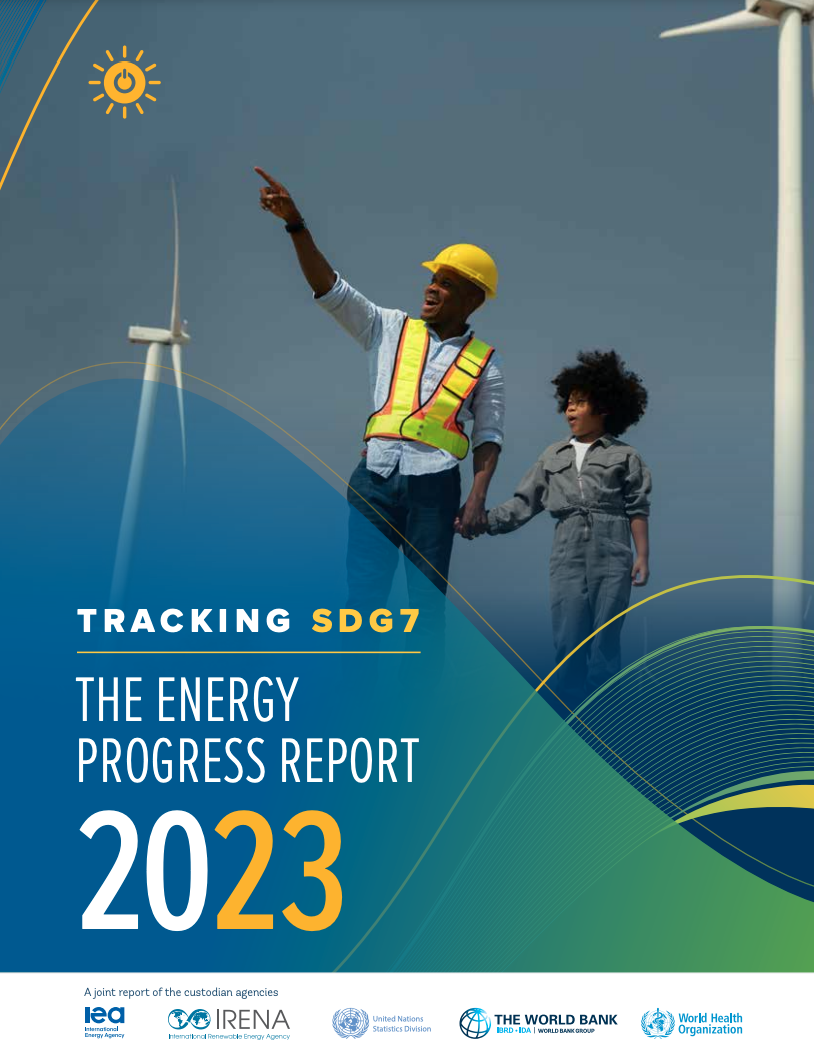DATABASE

Tracking SDG7: The Energy Progress Report, 2023
completed
Link
www.iea.org
Abstract
Since its inception in 2018, Tracking SDG7: The Energy Progress Report has become the global reference point for information on the realization of SDG7. It is produced annually by five of the custodian agencies responsible for tracking global progress toward Sustainable Development Goal 7 (SDG7), which is to “ensure access to affordable, reliable, sustainable, and modern energy for all.” The custodians developing the report are the International Energy Agency (IEA), the International Renewable Energy Agency (IRENA), the United Nations Statistics Division (UNSD), the World Bank, and the World Health Organization (WHO). Despite some progress across the indicators, the current pace is not adequate to achieve any of the 2030 targets. As in previous years, rates of progress vary significantly across regions, with some regions making substantial gains and some slowing their progress or even moving backward. Among the major economic factors impeding the realization of SDG7 globally are the uncertain macroeconomic outlook, high levels of inflation, currency fluctuations, debt distress in a growing number of countries, lack of financing, supply chain bottlenecks, tighter fiscal circumstances, and soaring prices for materials. The effects of the Covid-19 pandemic and the steady rise in energy prices since summer 2021 are expected to be a further drag on progress, particularly in the most vulnerable countries and those that were already lagging behind.

